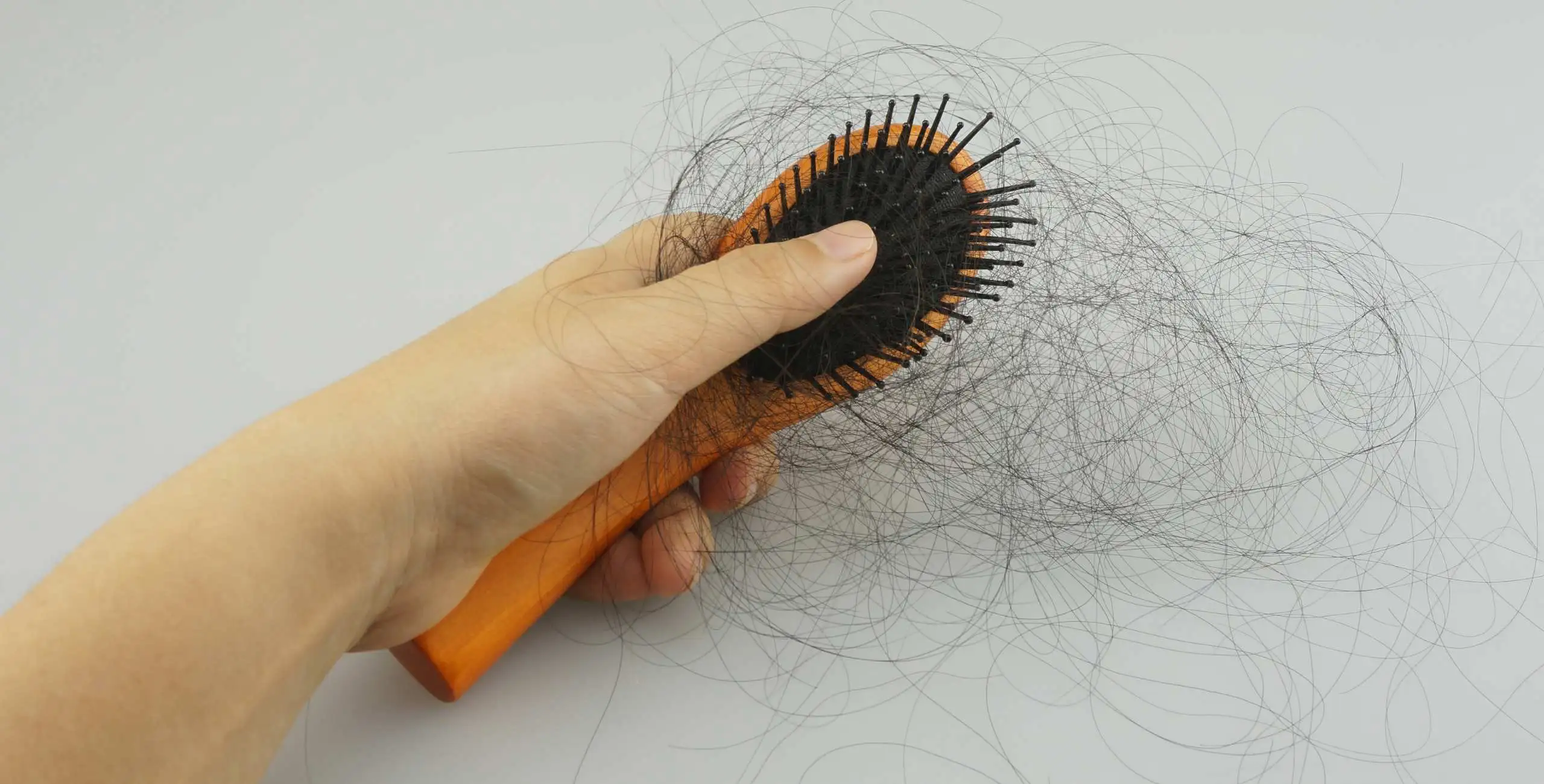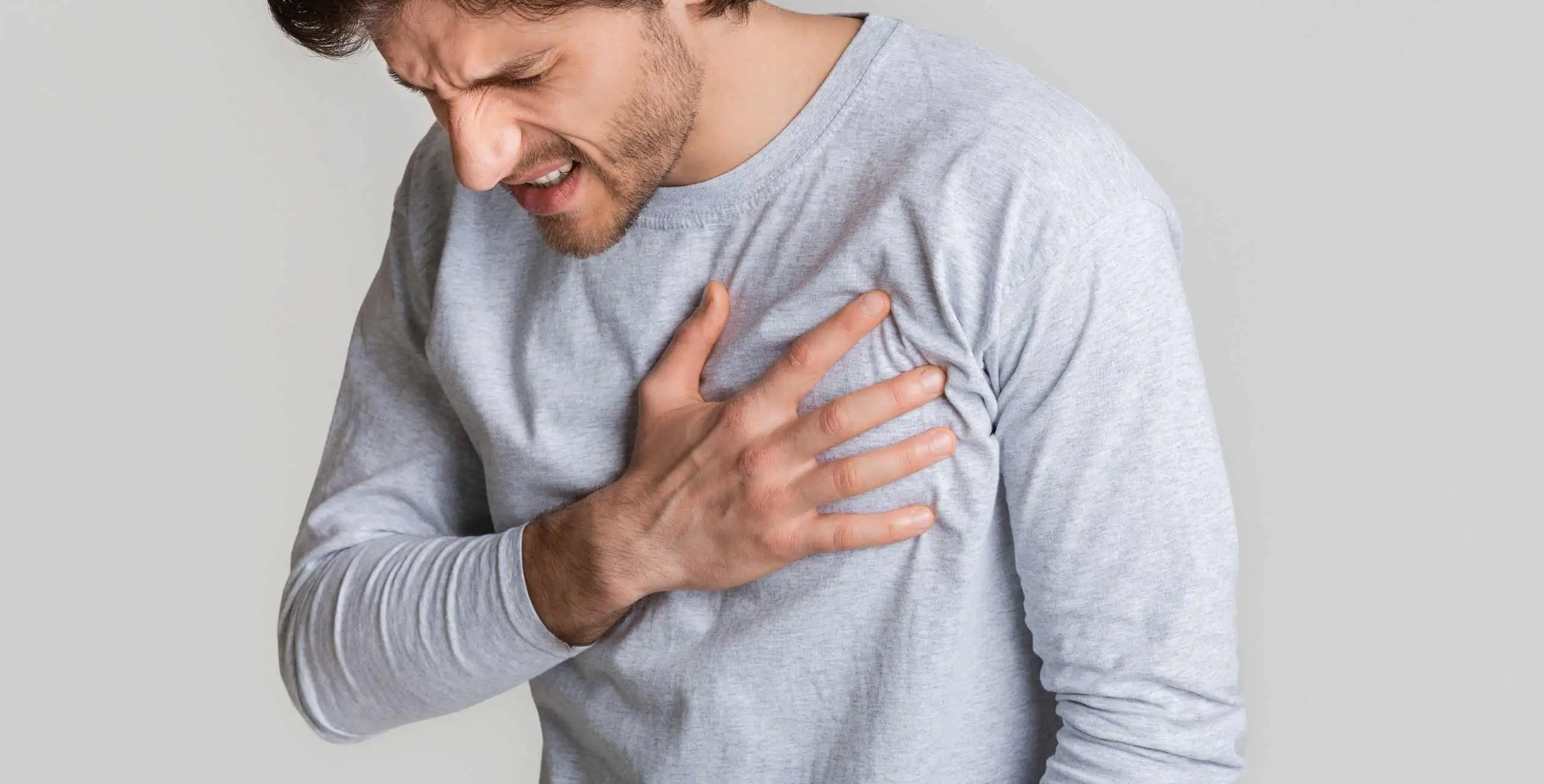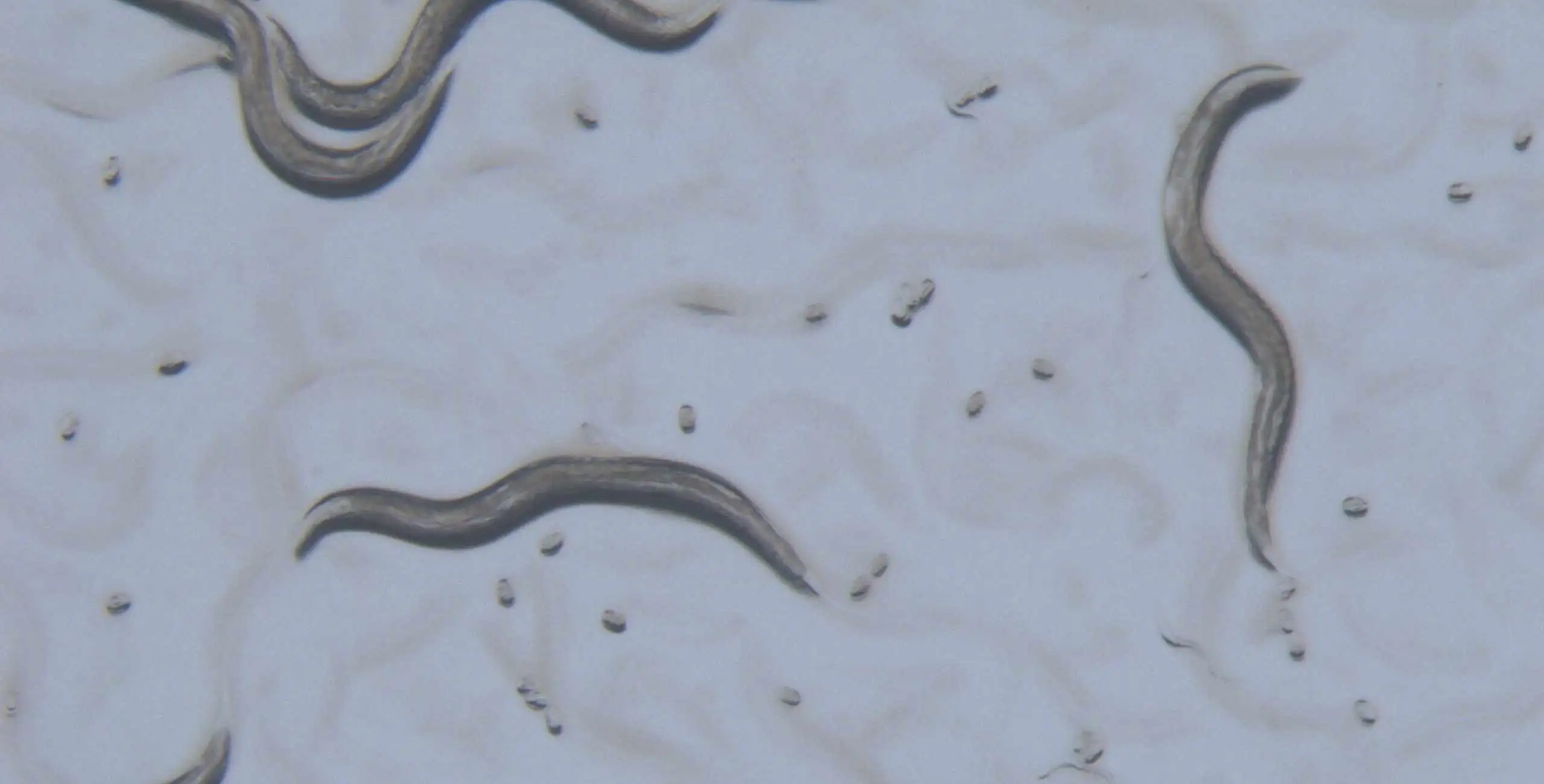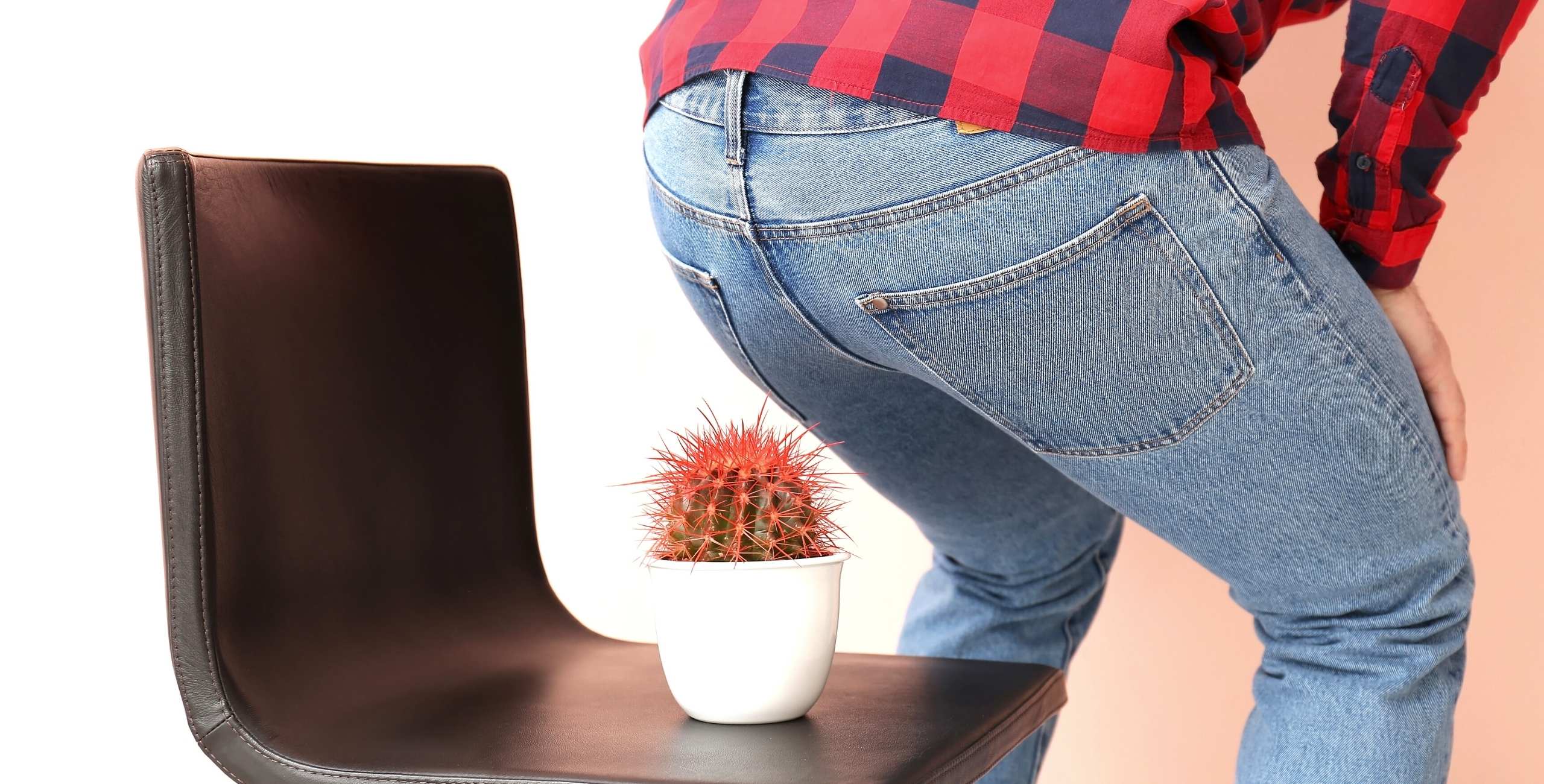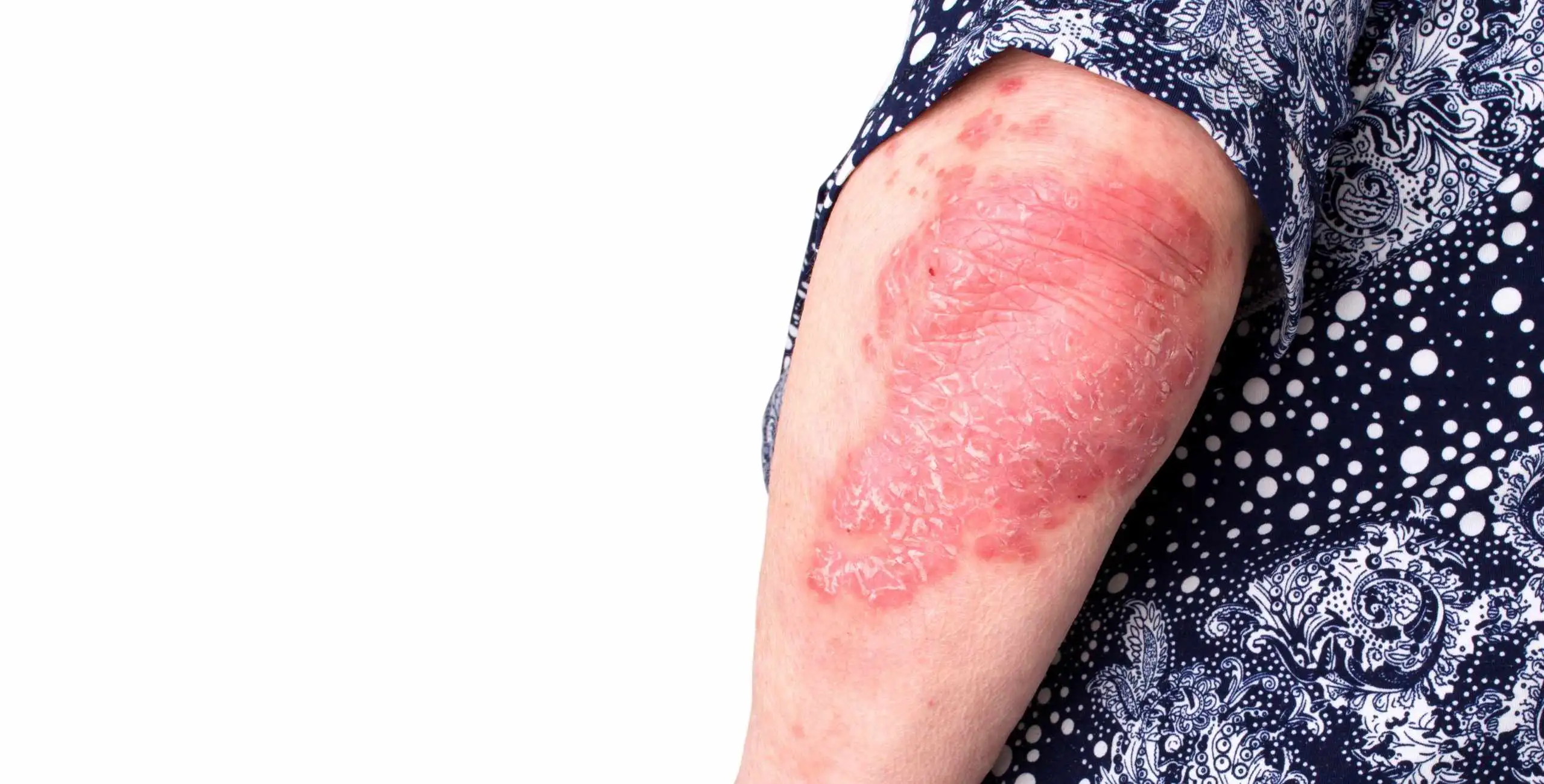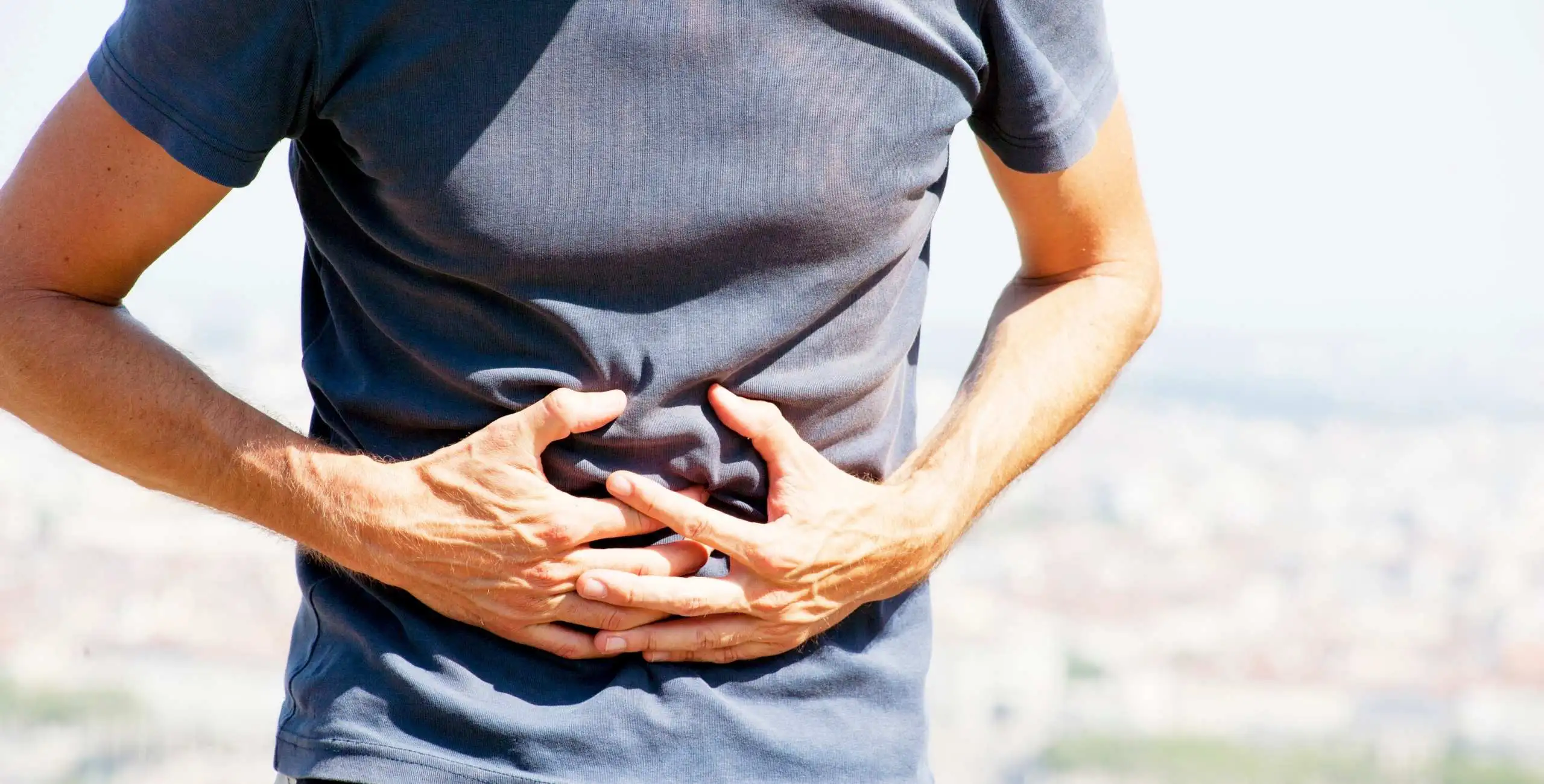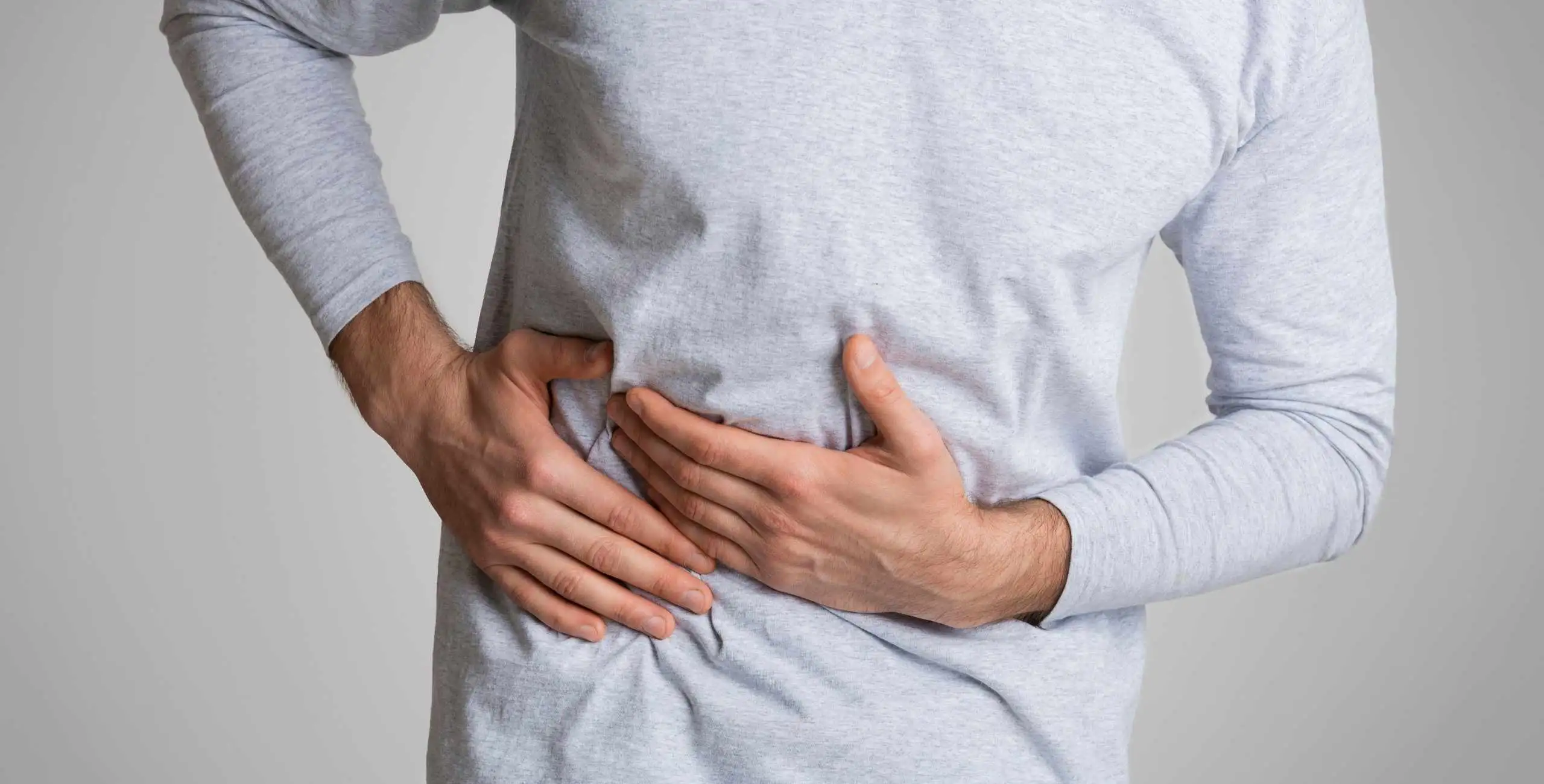
Overview
The liver is your largest internal organ. About the size of a football, it’s located mainly in the upper right portion of your abdomen, beneath the diaphragm and above your stomach. A small portion extends into the upper left quadrant.
All the blood leaving the stomach and intestines passes through the liver. The liver processes this blood and breaks down, balances, and creates the nutrients and also metabolizes drugs into forms that are easier to use for the rest of the body or that are nontoxic.
The five major functions of the liver include:
Metabolism and detoxification.
Protein synthesis.
Storage of vitamins and minerals.
6 detox drinks to cleanse your liver
- 1. Coffee is good for the liver, especially because it protects against issues such as fatty liver disease.
- 2. Ginger and lemon drink.
- 3. Oatmeal drink.
- 4. Turmeric drink.
- 5. Green tea.
- 6. Grapefruit drink.
Fill your fruit basket with apples, grapes, and citrus fruits like oranges and lemons, which are proven to be liver-friendly fruits. Consume grapes as it is, in the form of grape juice, or supplement your diet with grape seed extracts to increase antioxidant levels in your body and protect your liver from toxins.
The liver is an accessory digestive organ that produces bile, an alkaline fluid containing cholesterol and bile acids, which helps the breakdown of fat. The gallbladder, a small pouch that sits just under the liver, stores bile produced by the liver which is afterward moved to the small intestine to complete digestion.
There are many kinds of liver diseases and conditions. Some, like hepatitis, are caused by viruses. Others can be the result of drugs or drinking too much alcohol. Long-lasting injury or scar tissue in the liver can cause cirrhosis. Jaundice, or yellowing of the skin, can be one sign of liver disease, pain, and distention of the abdomen due to the release of fluid from the liver, swelling of lower legs due to fluid retention, confusion, or forgetfulness. Dark-colored urine, pale-colored stool, chronic fatigue, nausea, or vomiting.
Here are the true ways to achieve liver wellness! 1. Maintain a healthy weight. 2. Eat a balanced diet 3. Exercise regularly 4. Avoid toxins 5. Use alcohol responsibly 6. Avoid the use of illicit drugs. 7. Avoid contaminated needles 8. Don’t share personal hygiene items.
Recommended Medicines from St.George’s Homoeopathy


